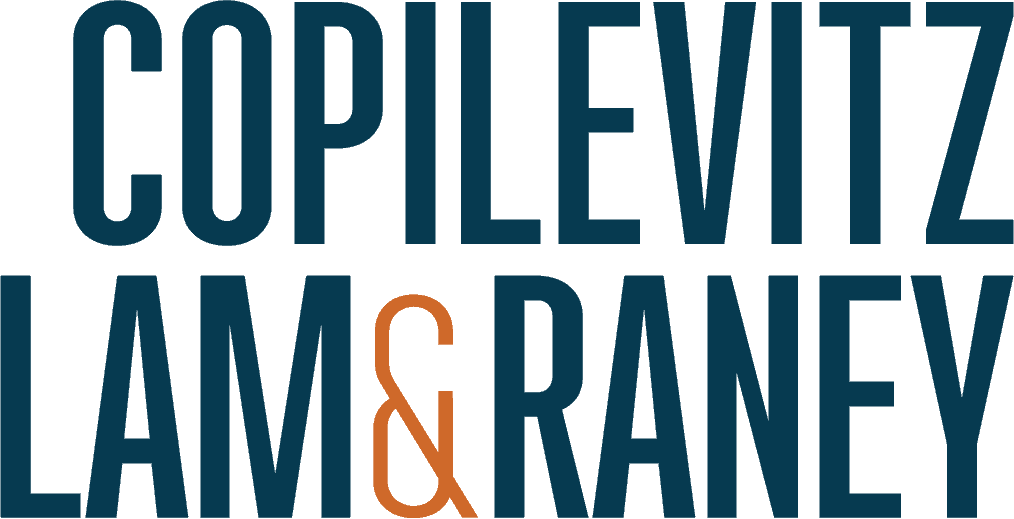Plaintiffs’ attorneys love to sue under the Telephone Consumer Protection Act (“TCPA”) and for good reason—the TCPA permits class action lawsuits for $500 or more per unsolicited telephone call even if plaintiffs have suffered no actual harm from those calls.
This windfall, however, may conflict with the United States Constitution. Under Article III of the Constitution, a plaintiff must have personally suffered some actual or threatened harm as a result of the allegedly illegal conduct of a defendant in order to sue, but the appellate courts disagree on how “actual harm” is defined.
The Supreme Court case Spokeo, Inc. v. Robins will ultimately decide whether Congress can allow this type of lawsuit when there is no actual harm caused by technical violations of a statute.
In that case, plaintiff sued Spokeo, a people search website that aggregates data from various sources, under the Fair Credit Reporting Act (“FCRA”) for allegedly posting inaccurate information about Robins. While the Ninth Circuit found that Robins had not suffered actual damages, it held that the statutory FCRA violation satisfied Article III’s actual harm requirement.
Spokeo has serious implications on future class action lawsuits that provide for statutory damages for technical violations of a statute, such as the TCPA.
If the Supreme Court rules in favor of Spokeo, TCPA plaintiffs’ attorneys could no longer claim millions in damages and attorneys’ fees for alleged unsolicited telephone calls, unless those calls caused actual harm (like fraud or other real financial loss).
It is unclear, however, whether these class action lawsuits would be dismissed or sent back to state court, and whether an actual harm requirement would limit Congress’ power to create causes of action that provide damages for technical violations of a statute.


